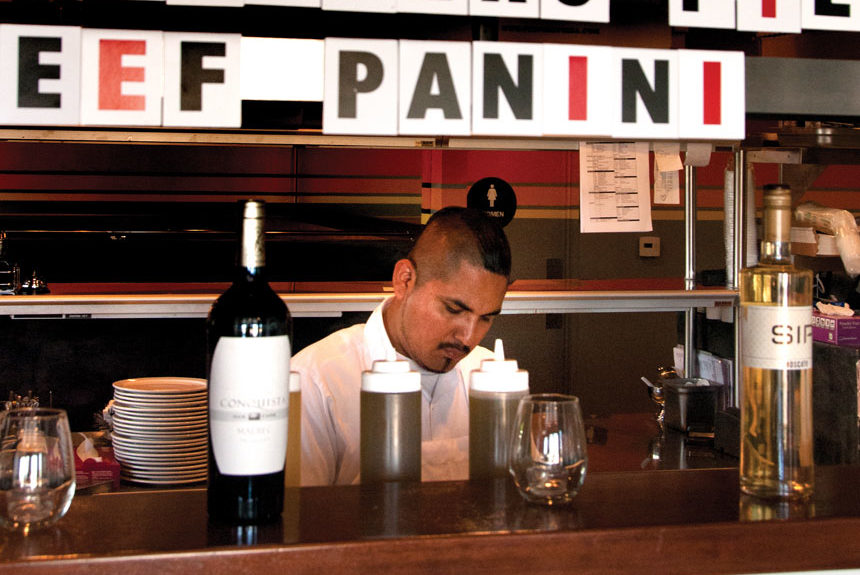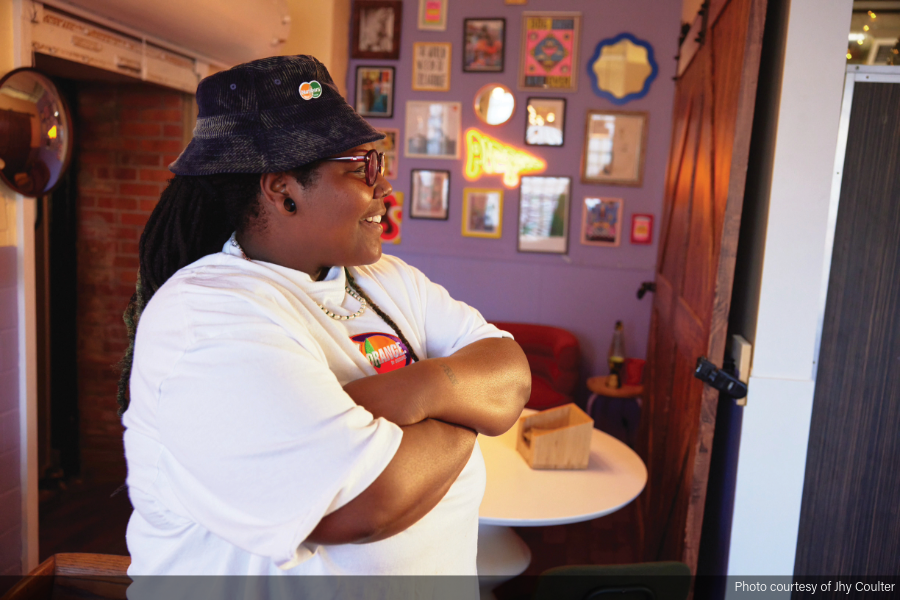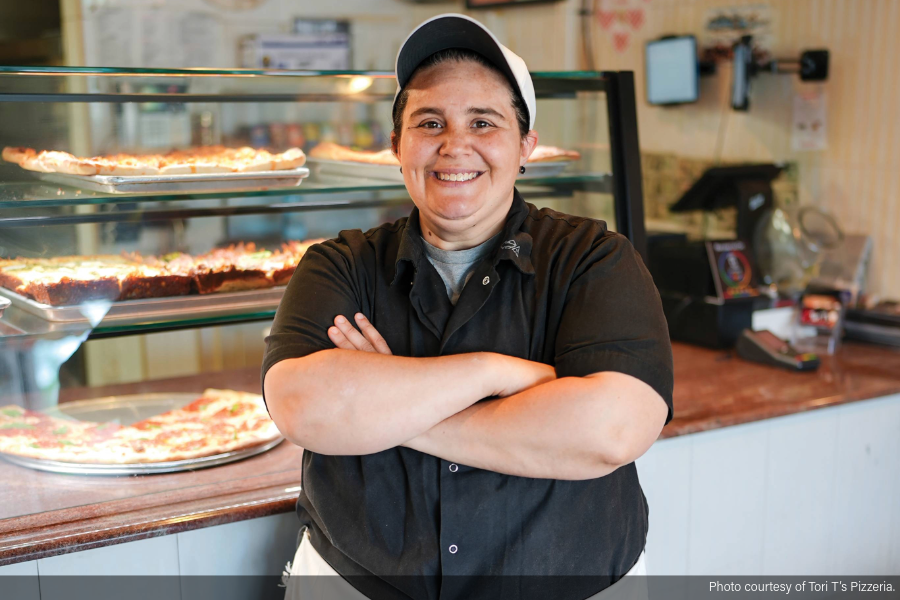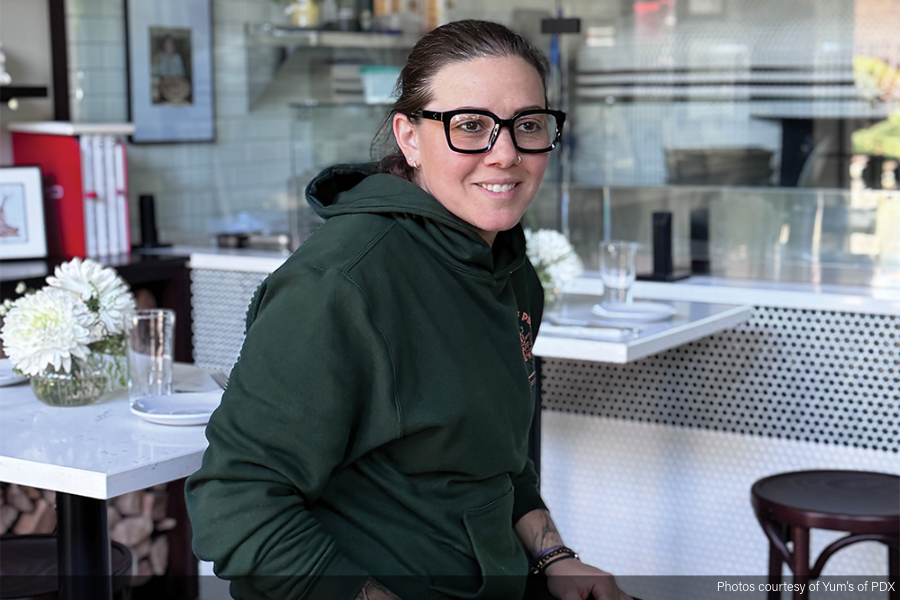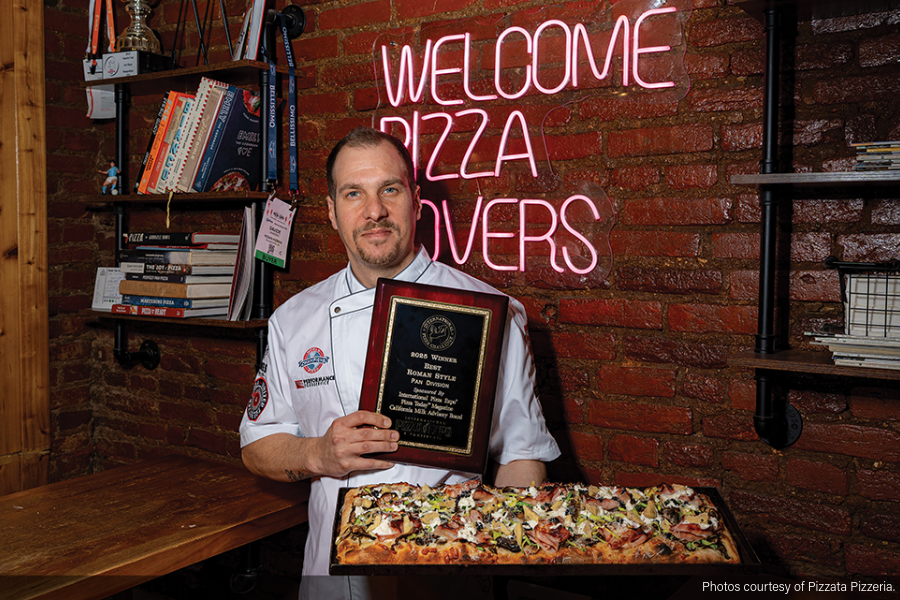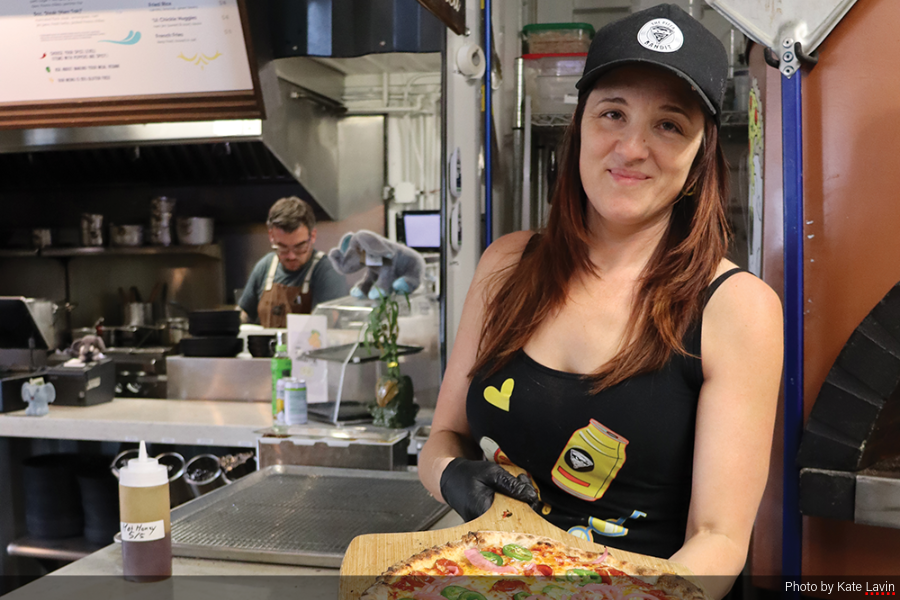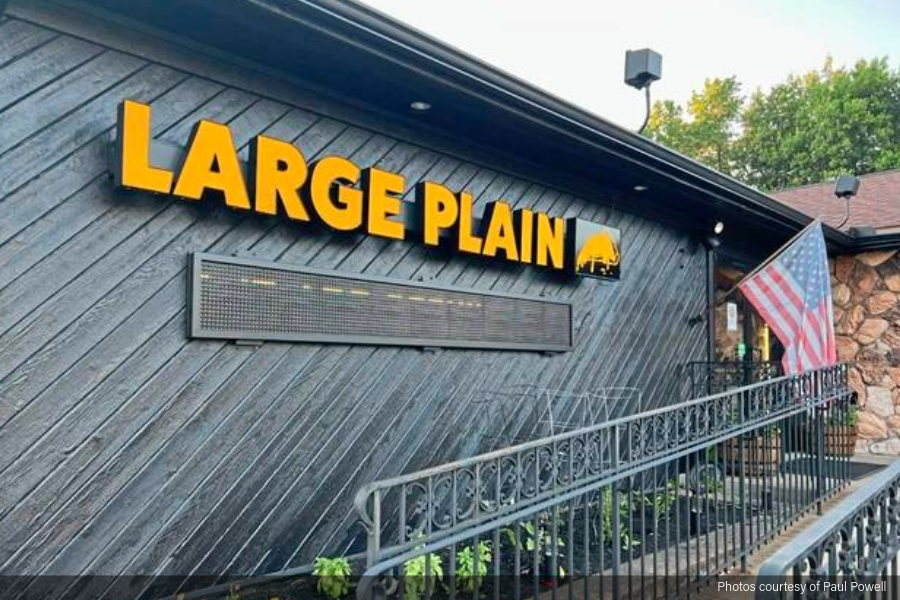Workers’ compensation insurance protects operators and employees
Even the most careful and skilled workers can injure themselves through cuts, burns and falls. Accidents happen, and the good news for employers and employees is that workers’ compensation insurance provides employees with wage replacement and pays medical expenses. Workers’ comp is a no-fault insurance, which means if an employee is injured in the line of work, the claims are paid regardless of who is at fault, and the employee is not allowed to sue the employer.
Most businesses are required to have workers’ compensation insurance. The premiums are based on the number of employees, the type of industry according to the National Council on Compensation Insurance (NCCI) code, and the experience modifier, which refers to the claim history the company has established. Operators can save money and protect employees, by focusing on safety.
“The majority of business owners don’t realize they can control their insurance costs by implementing safety measures,” says Ed Fitzgerl, general manager franchise insurance for Overland Park, Kansas-based Intrepid Direct. “A good quality safety program with the owner’s buy-in will typically result in a safer work environment and will reduce the number of claims. The workers’ compensation premium is essentially a function of your claims experience.”
The most common workplace injuries in pizzerias are burns from pizza ovens and from hot accessories. “A hot pan sits around and a worker might not know it’s still hot and picks it up,” says Jacci Zach, AIC , claim manager with Intrepid Direct. Delivery is another area where workers can get injured, especially among pizzerias, which tend to hire their own drivers.
According to the U.S. Bureau of Labor Statistics data on illnesses or injuries resulting in time away from work, job restriction, or transfer, in 2017 Food Services and Drinking Places had three cases per 100 full-time workers, compared to 2.8 cases per 100 workers among private industry employers overall.
Workers’ compensation insurance is regulated by each state, and the U.S. Department of Labor Web site has links to each state’s division, commission, department or other entity. Each state has different rules, such as how many employees the employer hires before they are required to obtain and maintain workers’ compensation insurance. For example, in California businesses with one employee or more must buy workers’ compensation insurance. In Florida, the number depends on whether it’s a construction business (one employee) or non-construction (four).
There are other details that vary. “Different states can value the cost of an injury differently,” Zach says. “What a worker receives for a broken arm in one state is different from other states.”
In some states, employers with drug-free workplace programs may qualify for a discount on workers’ compensation insurance premiums. Some states have legalized marijuana over the past few years, which complicates efforts to have drug-free workplaces. “There are some employers that do not want to do drug testing pre-employment because they are not getting enough employees,” says Bob Robenalt, a partner in the Columbus, Ohio office of the law firm Fisher Phillips, LLP. “We have employers who are testing for other substances, not marijuana.”
Still, Robenalt says, employers should have drug-free workplace policies in place, especially if the establishment has delivery drivers. If a worker gets into an accident, the employer may order a post-accident drug test. In 2018 the Occupational Safety and Health Administration (OSHA) issued a memorandum clarifying its position on Workplace Safety Incentive Programs and Post-Incident Drug Testing, noting that an employer that implements safety programs and conducts post-accident drug testing would only violate the law “if the employer took the action to penalize an employee for reporting a work-related injury or illness rather than for the legitimate purpose of promoting workplace safety and health.”
Making safety a core value is important. “Providing a safe workplace is the goal of any restaurant owner,” says Wayne Hilston, vice president of sales, programs and payroll alliances for the insurance company EMPLOYERS. “Developing a strong safety culture with training and procedures that support that is where it really begins.”
Hilston says operators should address workplace safety the same way they address food safety. “Incorporate safety best practices into their operations so they become routine, as opposed to an add-on,” he says. “For example, train employees how to prep ingredients safely. Explain why it’s important to have clean and grease-free floors. If the language of safety is incorporated into daily operations, employees will understand it’s a priority for the business, and will, therefore, focus on it more often.”
Hilston recommends operators work closely with their workers’ compensation carrier to develop best practices. When an injury occurs, the employer should report the claim right away. “One of the ways to minimize the ultimate cost of the claims, and to make sure employees get timely and fair treatment, is to report claims right when they happen,” he says. “Nothing good comes of a claim if it’s reported late, and as it gets older.”
Some operators incentivize safety training by offering gift cards or paid time off to workers who implement specific safety practices. “It’s called the gamification of safety,” says Zach, from Intrepid Direct. Also, it helps to set an example. “If the employee has to wear non-slip shoes, but the owner comes in wearing fancy dress shoes, all of a sudden employees might think non-slip shoes are not a requirement.”
Since delivery driver safety is a big issue with pizzerias, operators should implement safety programs related to driving. Driving while distracted is a big contributor to accidents, and operators should have a policy in place that prohibits drivers from using cell phones while driving. “Operators don’t realize how important it is to have a distracted driver policy,” says Christopher B. Smith, assistant vice president of Workers’ Compensation Specialty Products at the insurance company All Risks Ltd., based in Hunt Valley, Maryland.
One mistake operators make is to not communicate with their carriers. “Make sure you discuss whatever your thoughts are with an insurance agent,” Smith says. “At the end of the day, what you don’t know about insurance can hurt you. It always helps to reach out to experts.”
Nora Caley is a freelance writer who covers small business, finance and lifestyle topics.
